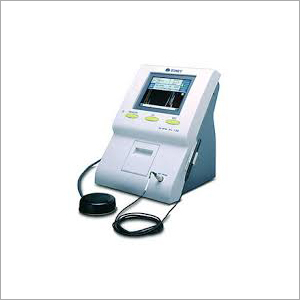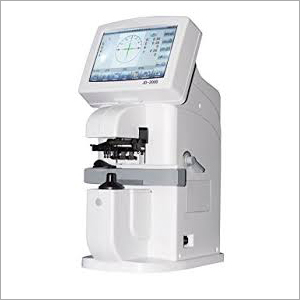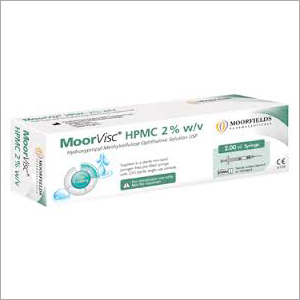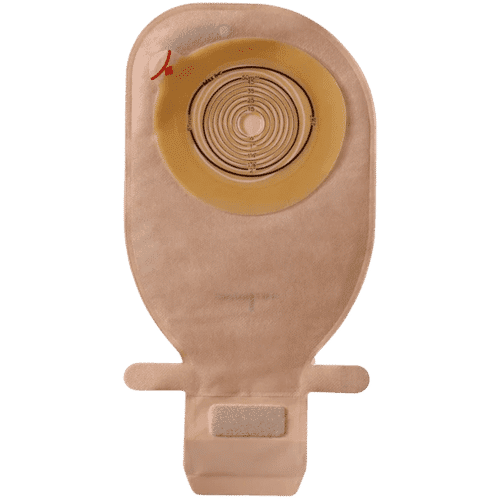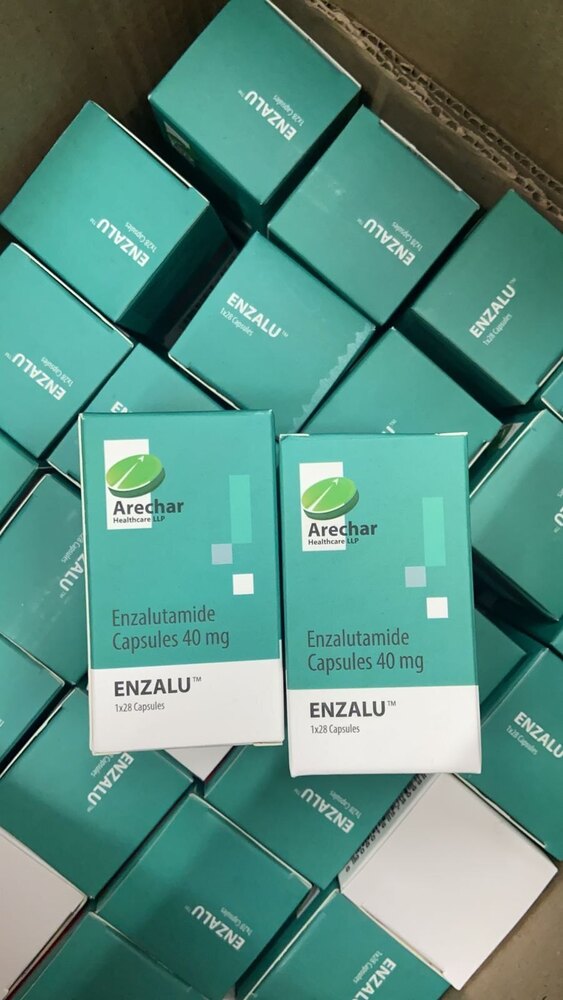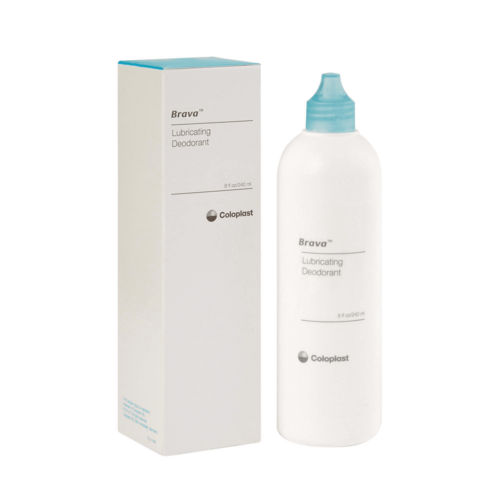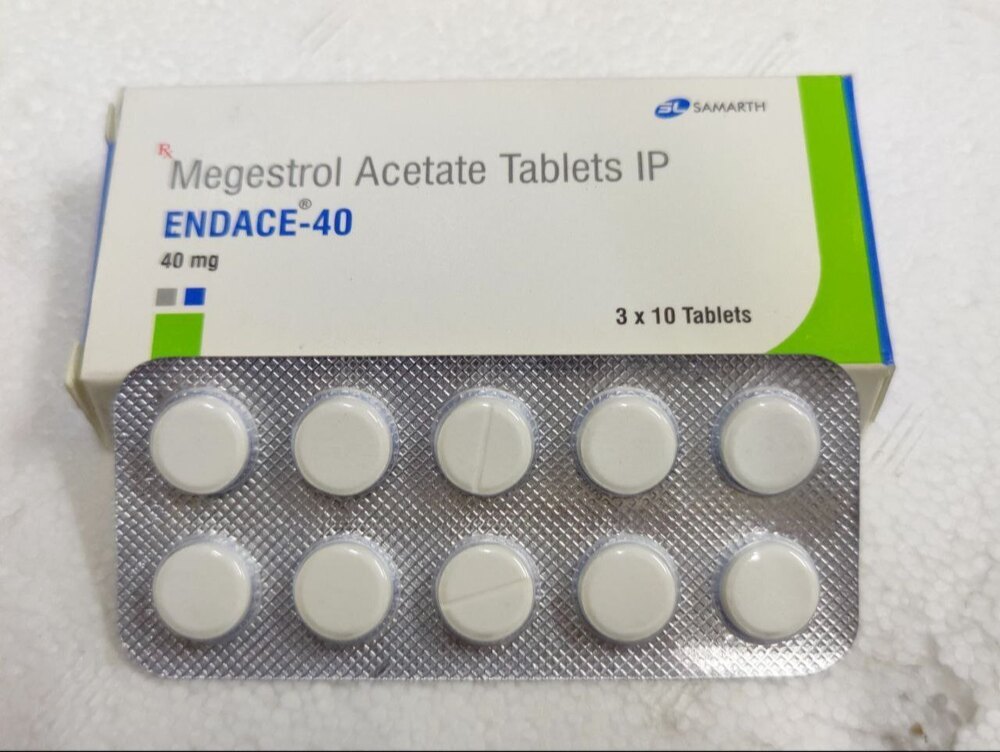|
Diclofenac Sodium Tablets 50mg
Diclofenac Sodium Tablets 50mg Trade Information
- Minimum Order Quantity
- 100 Packs
- FOB Port
- AHMEDABAD
- Payment Terms
- Paypal, Cash Advance (CA), Cash in Advance (CID), Letter of Credit at Sight (Sight L/C), Letter of Credit (L/C)
- Delivery Time
- 3 Days
- Sample Policy
- Sample costs shipping and taxes has to be paid by the buyer
- Packaging Details
- Box
- Main Export Market(s)
- Asia, Australia, Central America, North America, South America, Eastern Europe, Western Europe, Middle East, Africa
- Main Domestic Market
- All India
About Diclofenac Sodium Tablets 50mg
Diclofenac Sodium Tablets 50 mg are a type of nonsteroidal anti-inflammatory drug (NSAID) that is used to treat pain, inflammation, and swelling caused by a variety of conditions. Similar to diclofenac potassium, diclofenac sodium works by reducing the production of certain chemicals in the body that cause inflammation, pain, and fever.
What is Diclofenac Sodium?
- Class: Nonsteroidal anti-inflammatory drug (NSAID)
- Mechanism of Action: Diclofenac sodium works by inhibiting cyclooxygenase (COX) enzymes, particularly COX-2. These enzymes help produce prostaglandins, chemicals that promote inflammation, pain, and fever. By reducing the production of prostaglandins, diclofenac decreases inflammation and pain.
Common Uses:
-
Pain Relief:
- Diclofenac sodium is used to relieve mild to moderate pain, including pain from arthritis, back pain, dental procedures, muscle injuries, and surgery.
- It is commonly used for musculoskeletal pain, including osteoarthritis and rheumatoid arthritis to reduce pain and swelling.
- It can also help relieve gout attacks (painful swelling in joints due to excess uric acid).
-
Anti-inflammatory Action:
- Diclofenac sodium is used to reduce inflammation associated with conditions like osteoarthritis, ankylosing spondylitis, rheumatoid arthritis, and bursitis.
-
Fever Reduction:
- It can also be used to reduce fever caused by infections or inflammatory conditions.
Dosage and Administration:
-
Typical Dose:
- Adults: The usual dose is 50 mg, taken two or three times a day, depending on the condition being treated and your healthcare provider's recommendations. Some conditions may require higher doses, but this should only be determined by your doctor.
- Maximum dose: Typically, the total daily dose should not exceed 150 mg in most cases. However, for severe conditions, your doctor may prescribe higher doses.
-
Administration:
- Take with or without food: It can be taken with food to reduce the risk of stomach upset, although it can also be taken on an empty stomach.
- Swallow whole: Do not crush, chew, or break the tablet, as this may affect the medication's effectiveness.
- Drink plenty of water when taking diclofenac to help prevent gastrointestinal discomfort.
Possible Side Effects:
While diclofenac sodium is generally well tolerated, like other NSAIDs, it can cause some side effects. Some common side effects include:
- Gastrointestinal issues:
- Stomach pain, nausea, or indigestion
- Heartburn
- Diarrhea or constipation
- Stomach ulcers or gastritis (especially with prolonged use)
- Headache
- Dizziness or lightheadedness
- Rash or skin reactions
Serious but less common side effects may include:
- Kidney problems (e.g., reduced urine output, swelling in legs or feet, or sudden weight gain)
- Liver issues (e.g., yellowing of the skin or eyes, dark urine, persistent nausea)
- Cardiovascular effects (e.g., heart attack, stroke, or high blood pressure)”especially if used for long periods at high doses.
- Allergic reactions, including hives, swelling (particularly around the face, throat, or mouth), and difficulty breathing (which requires immediate medical attention).
Precautions:
-
Gastrointestinal Issues: NSAIDs can increase the risk of stomach ulcers or gastrointestinal bleeding. If you have a history of stomach ulcers, gastritis, or gastrointestinal bleeding, diclofenac should be used cautiously or avoided. Your doctor may recommend additional medications to help protect your stomach.
-
Heart Disease: Diclofenac can increase the risk of heart attack and stroke, particularly when taken at high doses or for long periods. It should be used with caution in people with heart disease, high blood pressure, or a history of stroke.
-
Kidney Function: Diclofenac can affect kidney function, particularly with long-term use. It is important for individuals with kidney disease or risk factors for kidney problems to have their kidney function monitored during treatment.
-
Liver Function: Diclofenac sodium can affect liver function. Your healthcare provider may monitor liver enzymes in people who are taking it for long periods or have pre-existing liver conditions.
-
Pregnancy and Breastfeeding: Diclofenac should be avoided during late pregnancy as it may harm the developing fetus, especially in the third trimester. It should also be used cautiously during the first and second trimesters, only when the benefits outweigh the risks. It is not recommended for use while breastfeeding unless specifically prescribed by a doctor.
-
Elderly: Older adults are more sensitive to the side effects of NSAIDs, particularly in terms of gastrointestinal, cardiovascular, and kidney risks.
Drug Interactions:
- Blood Thinners: Taking diclofenac with warfarin or other blood-thinning medications may increase the risk of bleeding. Your doctor may adjust doses accordingly.
- Other NSAIDs or Steroids: Taking diclofenac with other NSAIDs (like ibuprofen or aspirin) or corticosteroids can increase the risk of gastrointestinal bleeding or ulcers.
- Diuretics and Blood Pressure Medications: Diclofenac may reduce the effectiveness of certain blood pressure medications, including ACE inhibitors or diuretics.
- Lithium: Diclofenac can increase the levels of lithium in the blood, increasing the risk of lithium toxicity.
Always inform your healthcare provider about all the medications, supplements, and over-the-counter products you are taking before starting diclofenac.
Lifestyle Considerations:
- Limit Alcohol: Alcohol can increase the risk of stomach bleeding and liver damage when combined with diclofenac. Avoid excessive alcohol consumption.
- Monitor Health: If you are on long-term diclofenac treatment, your healthcare provider will likely recommend regular check-ups to monitor blood pressure, kidney function, and liver enzymes.
- Use the Lowest Effective Dose: It™s important to use the lowest dose that is effective in managing your symptoms, and only for the shortest duration necessary to reduce the risks of side effects.
Important Notes:
- Missed Dose: If you miss a dose of diclofenac, take it as soon as you remember, unless it™s almost time for the next dose. In that case, skip the missed dose and continue with your regular dosing schedule. Do not take two doses at once.
- Consistency: For optimal results, take your medication consistently as prescribed by your doctor, even if you begin to feel better.
Conclusion:
Diclofenac Sodium 50 mg Tablets are effective for managing pain and inflammation associated with various conditions such as arthritis, back pain, muscle injuries, and post-surgical pain. However, because of potential side effects and risks, especially when used long-term, it's essential to follow your doctor™s instructions and attend regular check-ups.
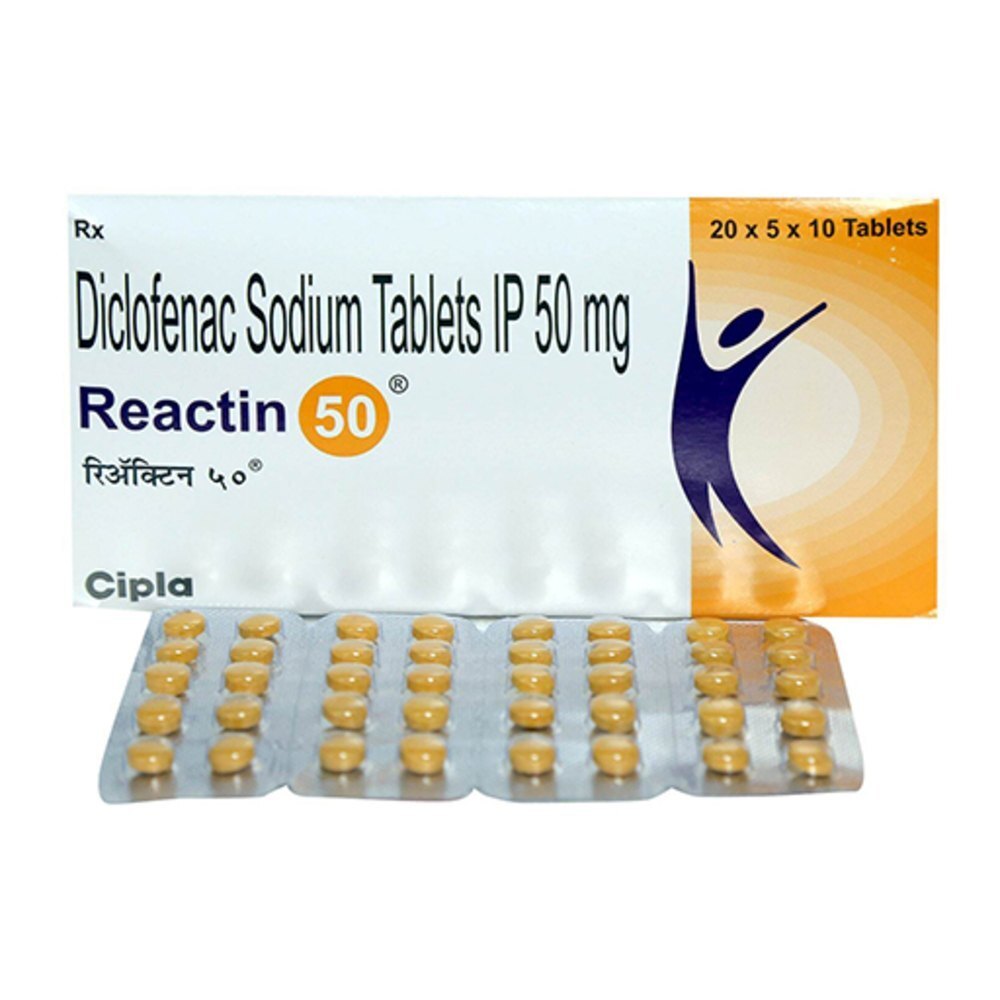

Price:
- 50
- 100
- 200
- 250
- 500
- 1000+
More Products in Skin Care Products Category
Coloplast Alterna Free 1 Piece Opaque Bag 17500
Price 250 INR / Piece
Minimum Order Quantity : 100 Pieces
Storage Instructions : Store in a cool, dry place away from sunlight
Color : Opaque
Condition : New
Enzalutamide Capsules 40 Mg (ENZALU)
Price 2200 INR / Pack
Minimum Order Quantity : 100 Packs
Storage Instructions : ROOM TEMP
Color : White
Condition : New
Warranty : yes
Coloplast Brava Lubricating Deodorant 12061
Price 700 INR / Piece
Minimum Order Quantity : 100 Pieces
 |
TABNCAP HEALTHCARE
All Rights Reserved.(Terms of Use) Developed and Managed by Infocom Network Private Limited. |


